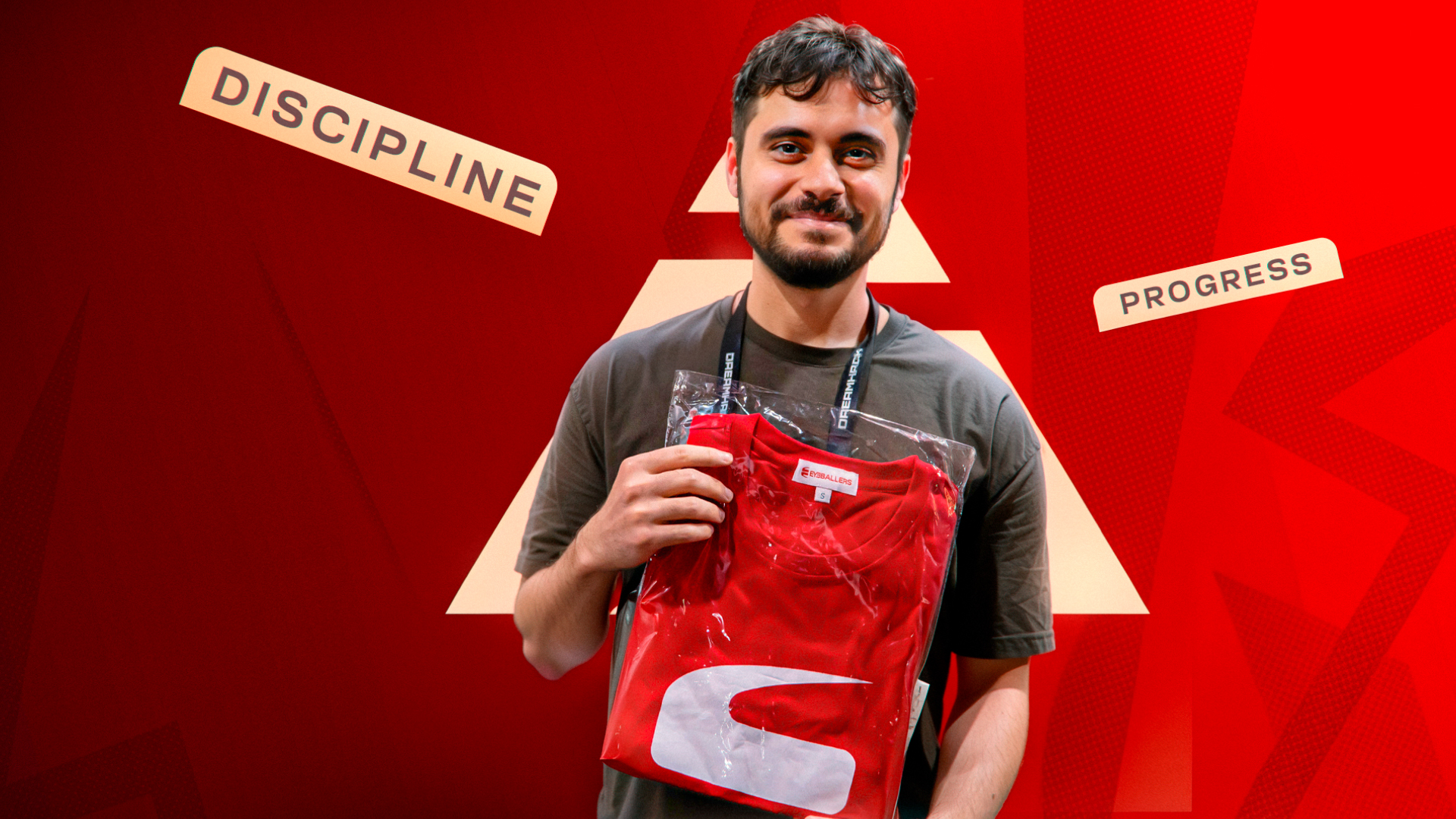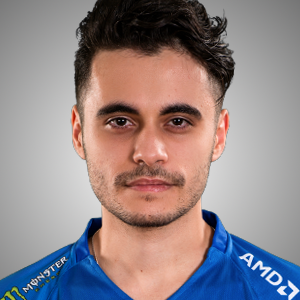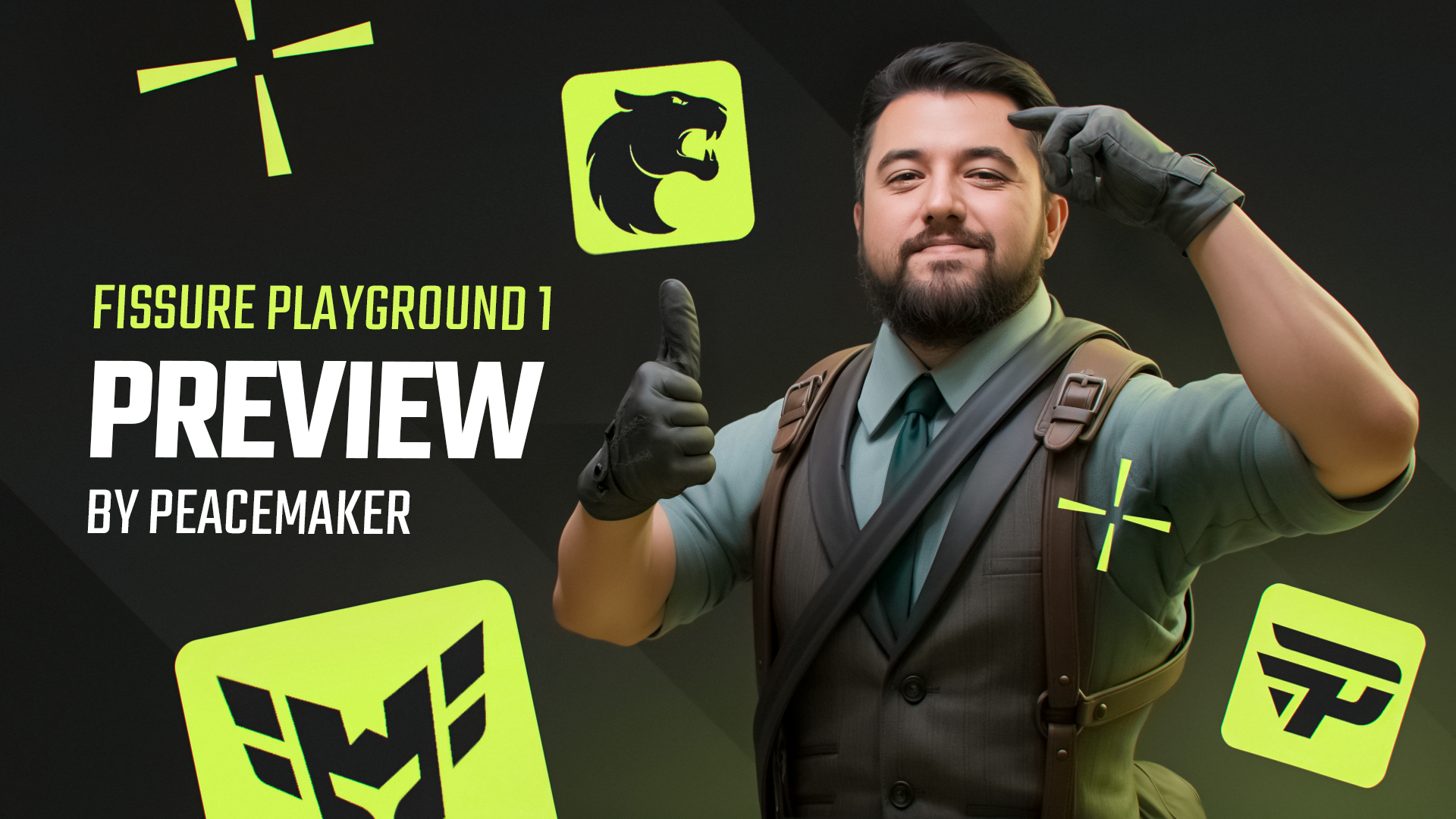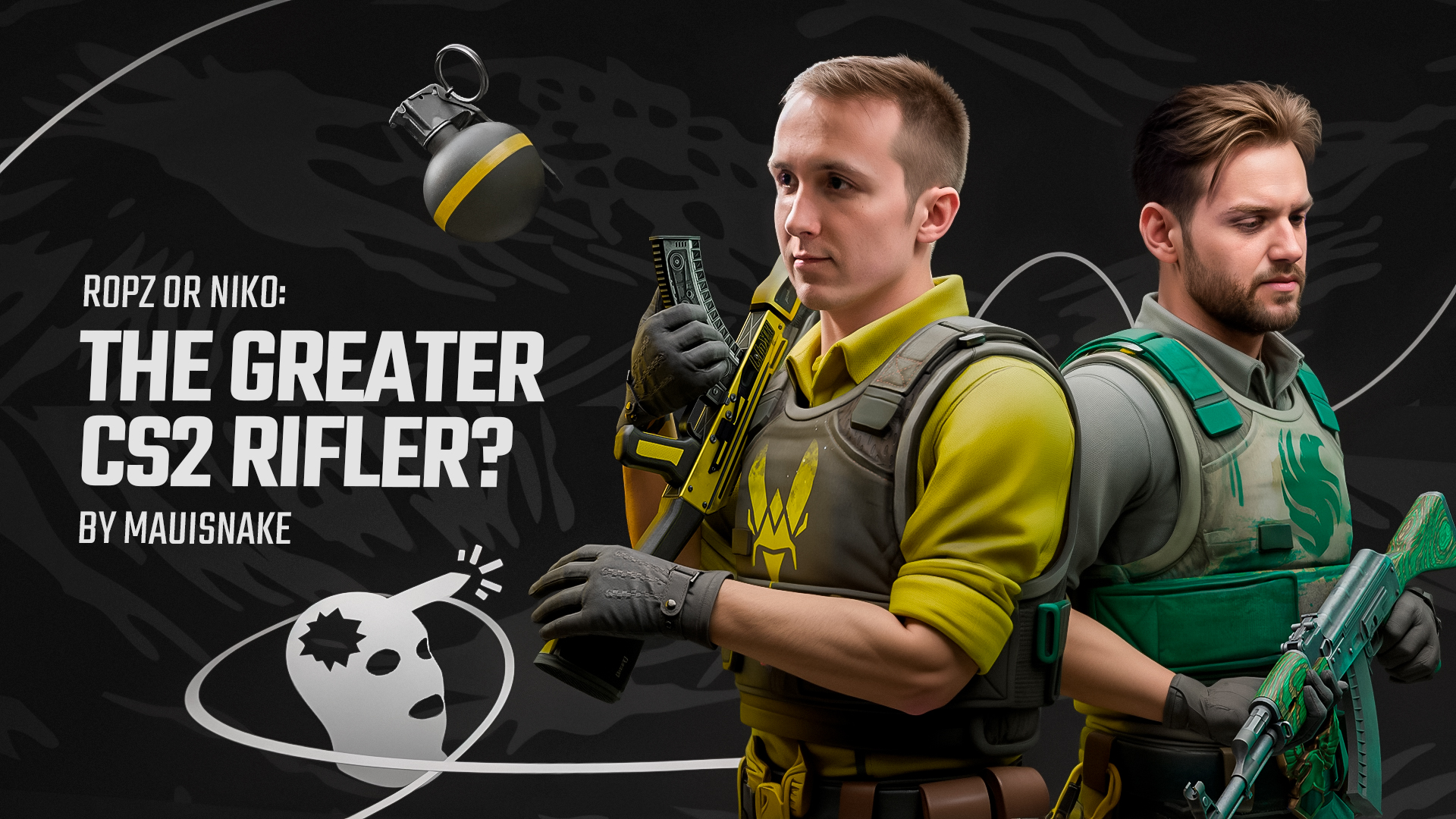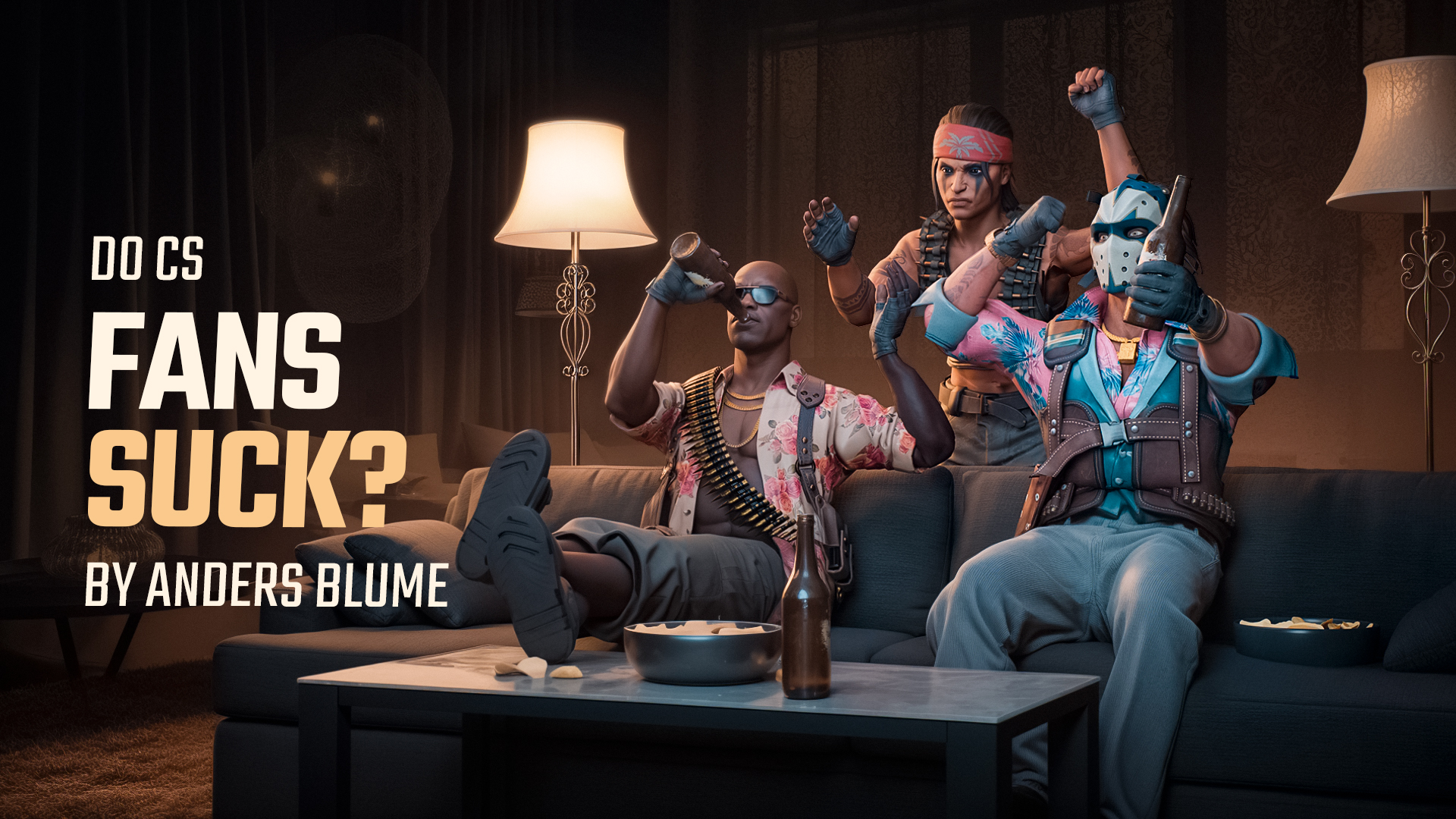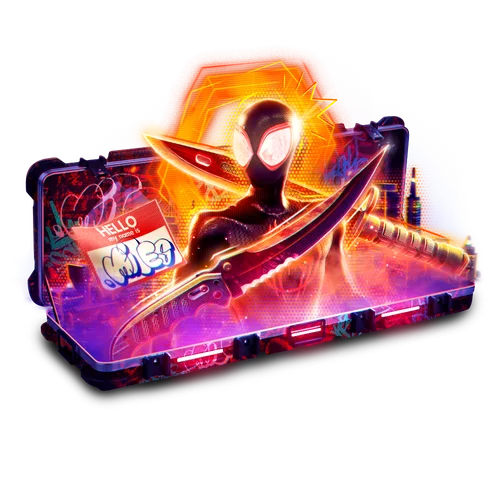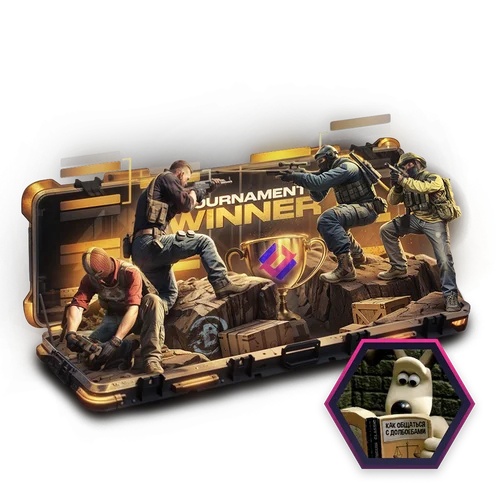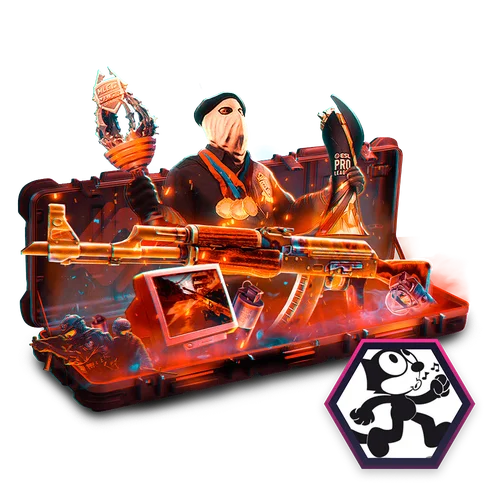Hi everyone! I’m Maikil “Golden” Selim, a former professional Counter-Strike IGL, now a coach. Before jumping into the main tips, I’d like to share a bit about my journey in esports, as it might resonate with those of you aiming to go pro.
For eight years, I played Counter-Strike professionally, traveling the world, competing in major tournaments, and winning a few along the way. It wasn’t easy—this path required a lot of determination and, most importantly, finding ways to enjoy the process despite the challenges that came along.
I’ve never relied solely on talent; it has always been about hard work and a love for the game, especially the tactical side.
As this is my first article, I want to share some of the most important lessons I learned along the way, hoping they will help you in your journey.
Discipline Over Motivation
Discipline is the practice of consistent action toward a goal, regardless of whether you feel motivated. Motivation can come and go, but discipline keeps you progressing steadily.

Many players start with a burst of motivation, but discipline is what separates those who excel from those who plateau. On days when motivation is low, discipline keeps you practicing, reviewing your demos, and improving consistently by focusing on the small stuff. Think of discipline as building habits; each day’s effort compounds over time. That said, motivation still holds significant importance. For example, I view spikes of high motivation as a great opportunity to put in extra hours practicing my aim.
Discipline begins before you even enter the game—it starts the moment you wake up. Making the most of boring or time-consuming tasks strengthens your mind and willpower. An example could be simply making your bed every morning. Think of it as a reward: over time, the parts of Counter-Strike you find most enjoyable will become even more fun, while the more tedious aspects will start to feel routine. Start small or big, but in the end, these tasks will become part of your daily rhythm—a habit you don’t even question.
Imagine the parts of CS you may dislike, like throwing utility or making time to watch a demo. The goal is to stop viewing these as “the boring stuff” and to treat every action, no matter how small, as a step toward progress. We see this in Kobe Bryant’s Mamba Mentality, which teaches us to approach every part of training, even the tedious aspects, with dedication. In time, discipline replaces the need for motivation; you’re doing the work because you understand its worth. That’s when you know you’ve transitioned from being merely motivated to being disciplined, and that’s where true growth happens.
Schedule and Goal Management = The Key To Consistency
Definition: Effective progress in Counter-Strike relies on managing both goals and a structured schedule. Goals provide direction, while a well-defined schedule ensures consistent action toward achieving them.

Setting goals is crucial, but without a clear schedule, goals can easily drift. Managing your schedule alongside your goals means breaking down big aims, like improving mechanics or in-game IQ, into manageable daily steps. A structured schedule creates accountability, helps you track progress, and keeps you consistent.
I’ve created some examples you can use. These can apply to almost any goal, so you just need to choose what you want to focus on.
Schedule and Goals Management
- Set a Clear Goal
Choose a specific, measurable goal.- Example: “Aiming.”
- Break Down the Goal into Weekly Focus Areas
Divide your goal into weekly tasks.- Example: Week 1: Crosshair placement, Week 2: Aim maps, etc.
- Make a Daily Practice Schedule
Create a routine and stick to it.- Example: 30 minutes on aim, 10 minutes on crosshair placement on various maps, 30 minutes of demo review.
- Track Your Progress and Adjust
Record your results daily and tweak your schedule as needed.- Example: Add more time to areas that need improvement, watch tutorials.
- Review Each Week
Set time to reflect on what worked and what didn’t.- Example: After each week, check your accuracy stats and adjust goals.
- Celebrate, Build Confidence and Reset Goals
When you reach a goal, take a moment to celebrate, then set a new one.
Time and Patience
Mastering CS, like any competitive field, is a journey that requires time and resilience. Patience helps you embrace setbacks as stepping stones, with the understanding that every experience, win or loss, brings you closer to your ultimate goals.

Patience has been a key element in my journey. It’s easy to watch top players and think they ‘made it’ overnight, but every single one of us spent years refining our skills. I had to remind myself that growth takes time. Staying patient allowed me to appreciate every small improvement, each of which brought me closer to my goal.
Counter-Strike, like any competitive pursuit, takes time to master. You’ll have days when you lose more than you win, but remember: progress isn’t always visible in the short term. Patience keeps you grounded, allowing you to learn from each setback without getting discouraged.
This makes discipline even more important. Many of today’s CS professionals started playing CS not because they intended to become professionals from the beginning but because they played CS at a young age for fun. Gradually, they found their own uniqueness in the game.
My point here is that the fun and passion don’t have to fade just because you aspire to be greater.
“Great things are not done by impulse, but by a series of small things brought together.” – Vincent Van Gogh
Practicing Weaknesses
To become a well-rounded player, focus on your weak points. Targeted practice strengthens areas that could otherwise hold you back in high-pressure situations.

A lot of players fall into the habit of practicing only what they’re already good at. But becoming a top-tier player means identifying and improving your weaknesses. This might involve revisiting certain roles on different maps, working on crosshair placement, improving in-game IQ, or other areas. True growth happens when you step outside your comfort zone.
For me, this meant analyzing my demos, getting feedback, and honing in on areas where I struggled. By confronting these weaknesses head-on, I became a more adaptable and reliable teammate. As you practice, don’t be afraid to step outside your comfort zone—that’s where you will unlock your full potential.
“The greatest glory in living lies not in never falling, but in rising every time we fall.” – Nelson Mandela
Counter-Strike Is a Team Game
At its core, CS is about collaboration. Teamwork, communication, and understanding your role are essential in a game where every player’s actions impact the whole.

Going pro in CS requires understanding that you’re only as strong as your team. You’re not just playing for yourself—you’re playing for your team’s success. Build chemistry with teammates, focus on clear communication, and trust each other’s strengths. Teamwork often determines the outcome of a match, not just individual skill.
Counter-Strike is as much about teamwork as it is about individual skill. Winning isn’t just about you; it’s about how well you work with your team to achieve greatness together. Some of the best moments in my career came from good teamwork, effective communication, and full trust in my teammates. So focus on learning how to complement others’ strengths and build synergy both inside and outside the server.
I’ve met players with incredible talent who lacked the team aspect of the game. Some players are stuck in the mentality that they’d rather have good stats and lose than bad stats and win. Most players have had those thoughts at one point or another, but the reality is that no one wins alone in this game. Being able to both give and receive constructive criticism in a team environment is fundamental to becoming better than yesterday.
Your journey
Every step you take brings you closer to the professional level. It won’t always be easy, but with discipline, patience, and a commitment to growth, you can achieve amazing things in Counter-Strike. I’ve walked this path, and while it was challenging, it was also incredibly rewarding.
I don’t believe there’s an exact formula for success. What I’ve written here is simply a guideline based on how I’ve done it. It’s a good starting point that might inspire you to find your own way. In the end, no one will hold you accountable for your dreams but yourself.
Good luck & have fun





























